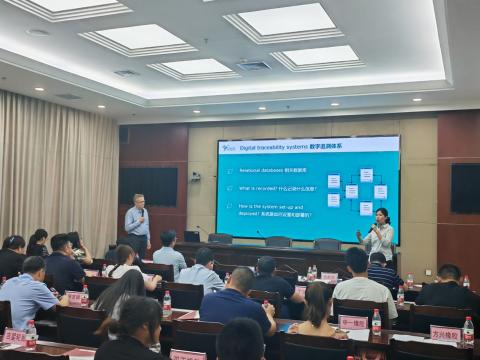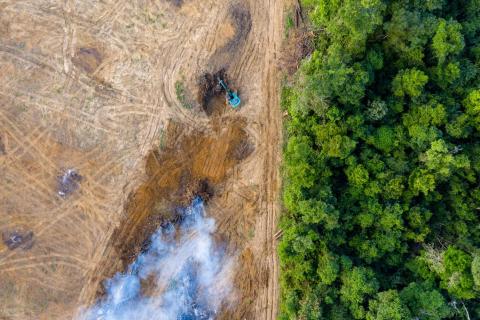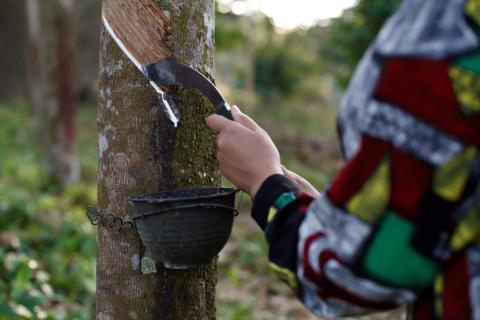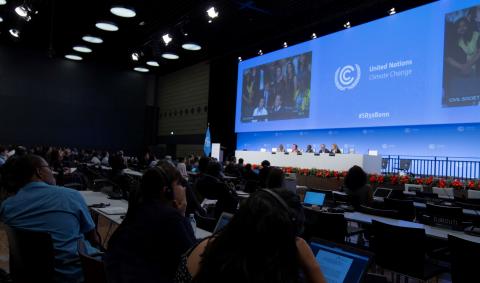No deforestation standard in the new RSPO P&C 2018
NEPCon recently attended the 16th Annual Roundtable Conference on Sustainable Palm Oil (RT16) held in Kota Kinabalu, Sabah, Malaysia, held on 15 November 2018. We are pleased to have casted our vote at the 15th Annual General Assembly (GA15).
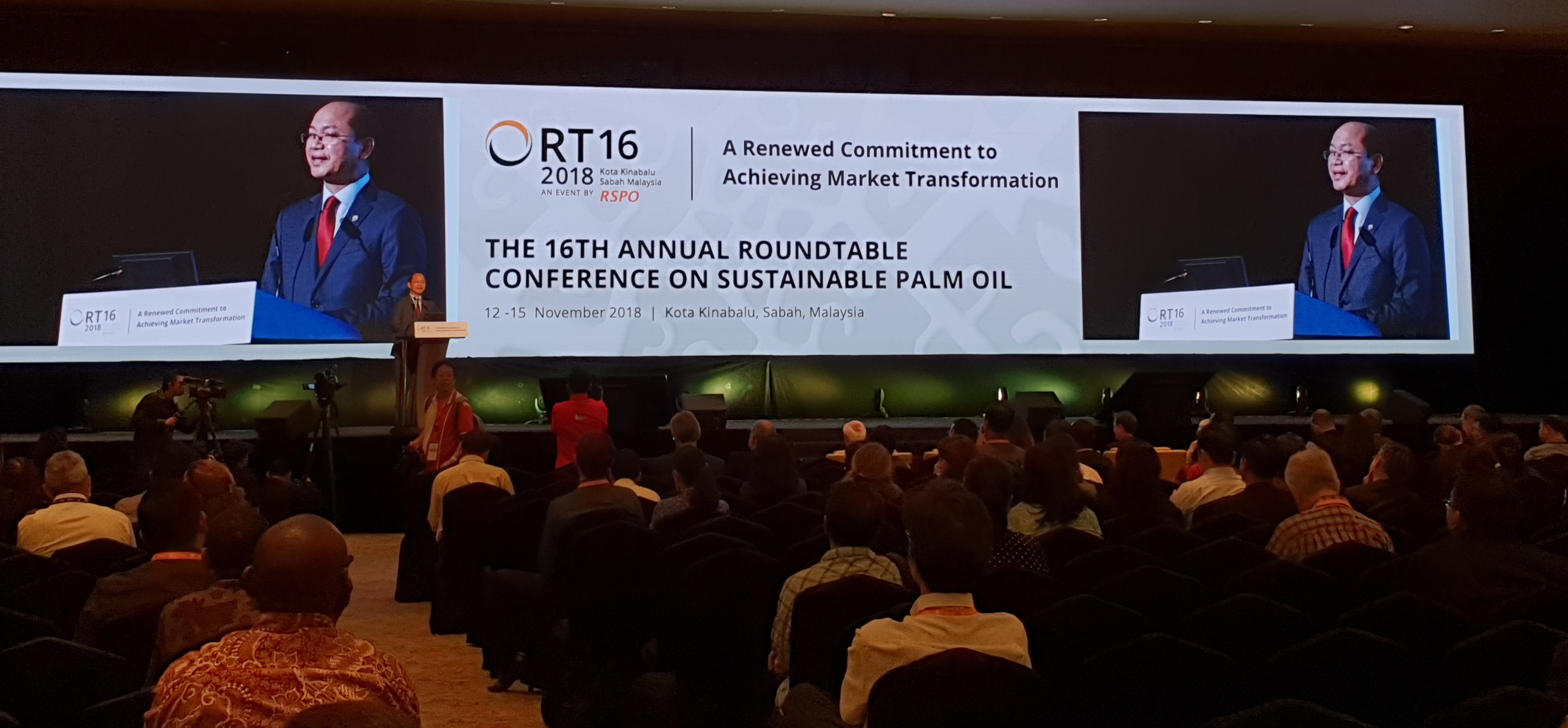
New key elements of P&C 2018
The Roundtable on Sustainable Palm Oil (RSPO) members have agreed to new certification standards, effective immediately, which include halting deforestation, protecting peat lands and strengthening human and labour rights during RT16 and GA15.
The agreement was a result of multi-stakeholder review process since April 2017 and it received almost 11,500 individual stakeholder comments that were tabled, ratified and voted-in during the GA15, following a successful RT16, which saw 850 representatives from the global palm oil industry. The GA15 summary report and voting results have been released on the RSPO’s website.
The newly adopted RSPO Principles and Criteria (P&C) 2018 standard aims to ban deforestation through the implementation of the High Carbon Stock Approach. Here is a recap of the previous RSPO’s standards – it prohibited the clearing of primary or virgin forest for palm plantations but the standards allowed for the chopping of secondary forests and peat forests with a peat layer less than three metres deep.
According to the new P&C 2018 standard, there is a need to stay engaged in High Forest Cover Landscapes (HFCLs) and allow local stakeholders such as communities and governments to make their own participatory decisions on the land use in HCFLs.
Therefore, the new P&C recognises the need for an adapted procedure that will only apply in specific High Forest Cover countries and in HFCLs, to support the sustainable development of palm oil by indigenous peoples and local communities, with legal or customary rights.
The revised P&C has imposed a strict ban on new development on peat soils of any depth. Under the new standards, all existing planting on peat must adhere to the latest version of ‘RSPO Manual on Best Management Practices (BMPs) for existing oil palm cultivation on peat’.
This new criterion states that future land clearing by palm oil growers does not contribute to deforestation or cause damage to peatlands and high carbon stock forest areas.
The P&C review has also called for stronger requirements to apply human rights standards to all RSPO membership categories. Hence, RSPO’s Human Rights Working Group (HRWG) developed a new policy for RSPO and its members for the protection of Human Rights Defenders (HRDs) and whistle blowers, which includes accessible and adequately resourced procedures to allow HRDs to register their concerns with the RSPO Complaints panel in anonymity and confidentiality.
RSPO Chief Executive Officer, Datuk Darrel Webber, in a statement, welcomed the newly adopted, consensus-driven P&C 2018 standard. “Today, we endorsed a universal, transformative, and integrated agenda, intended to strengthen transparency and inclusivity in the RSPO system, increase implementation of the RSPO standards, boost market uptake of sustainable palm oil through shared responsibilities, and create an enabling environment for our shared vision of market transformation,” he said.
Although the new criteria in P&C 2018 standard come into effect immediately, a one-year transition period is given to existing RSPO grower members to implement the new standards.
The review process also saw other developments such as the RSPO Smallholder Strategy. Adopted in June 2017, the strategy mandates RSPO to increase the number of smallholders “through the simplification of the certification approach”. The first draft went through public consultation in June to July 2018 while the second draft is expected for the second round of public consultation scheduled in February 2019.
NEPCon’s participation and credentials
NEPCon staff members – Business Development Director, Adam Grant, and NEPCon Solutions Asia-Pacific Deputy Director, Lita Natasastra, attended the event as part of our commitment to active engagement with the certification systems.
“It was encouraging to see the development of the RSPO and the RSPO’s incremental improvement is the goal which NEPCon hopes to support. The event gave us an opportunity to explore how NEPCon can help support all actors.
“It became evident that our experience in technical auditing and standard management is a service which will complement the ongoing work,” explained Adam. RT16 has enabled NEPCon to gain a good understanding of where RSPO is heading and how they intend to get there.
NEPCon is an RSPO SCCS certifier accredited by RSPO’s system surveillance body Accreditation Services International (ASI). We offer RSPO Supply Chain certification.
